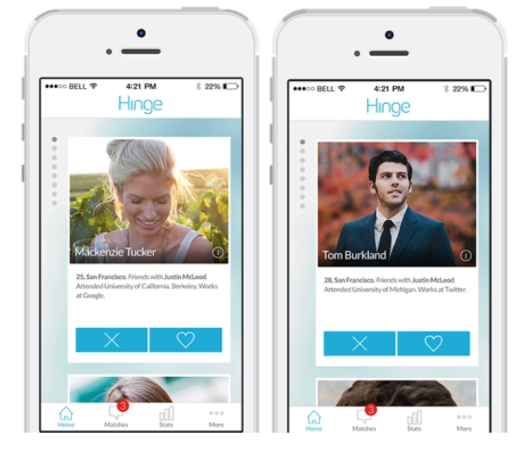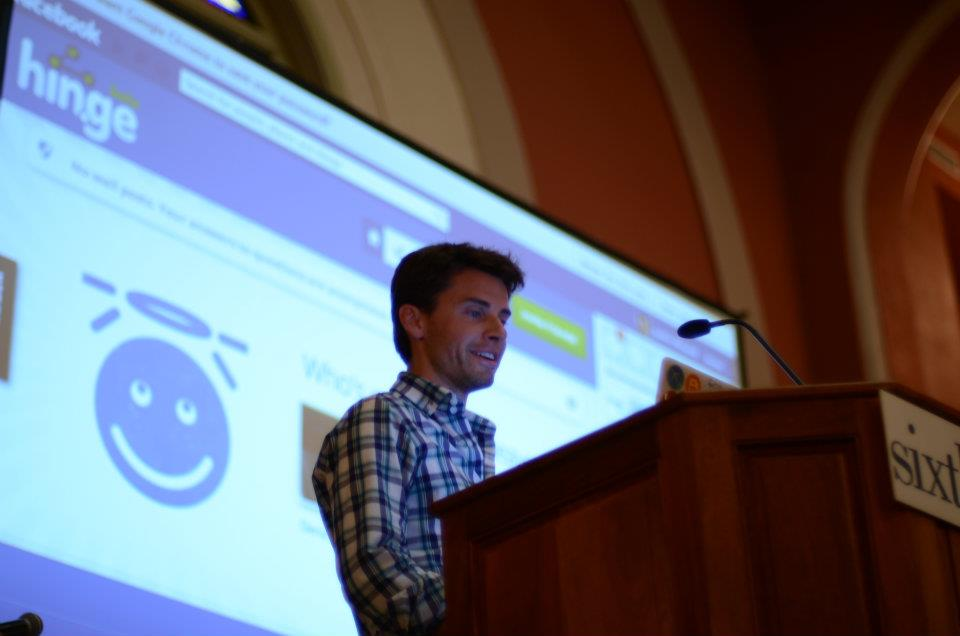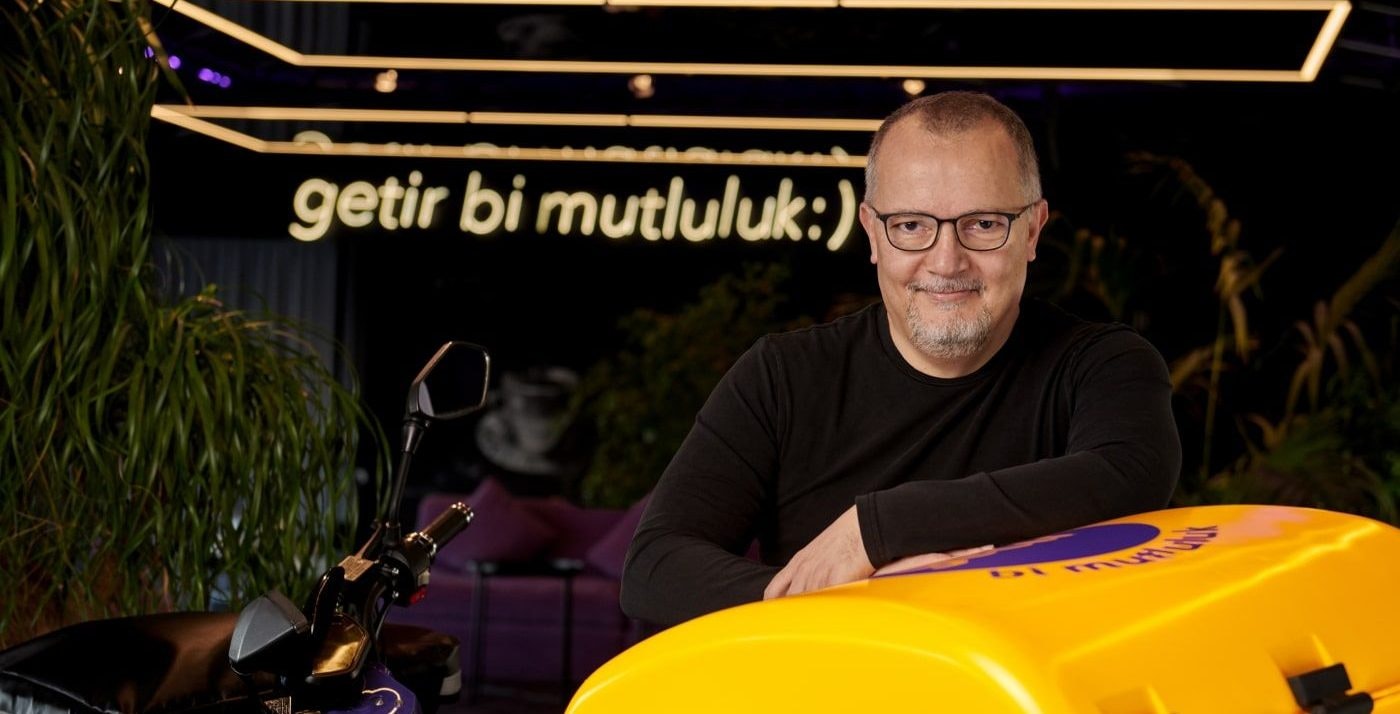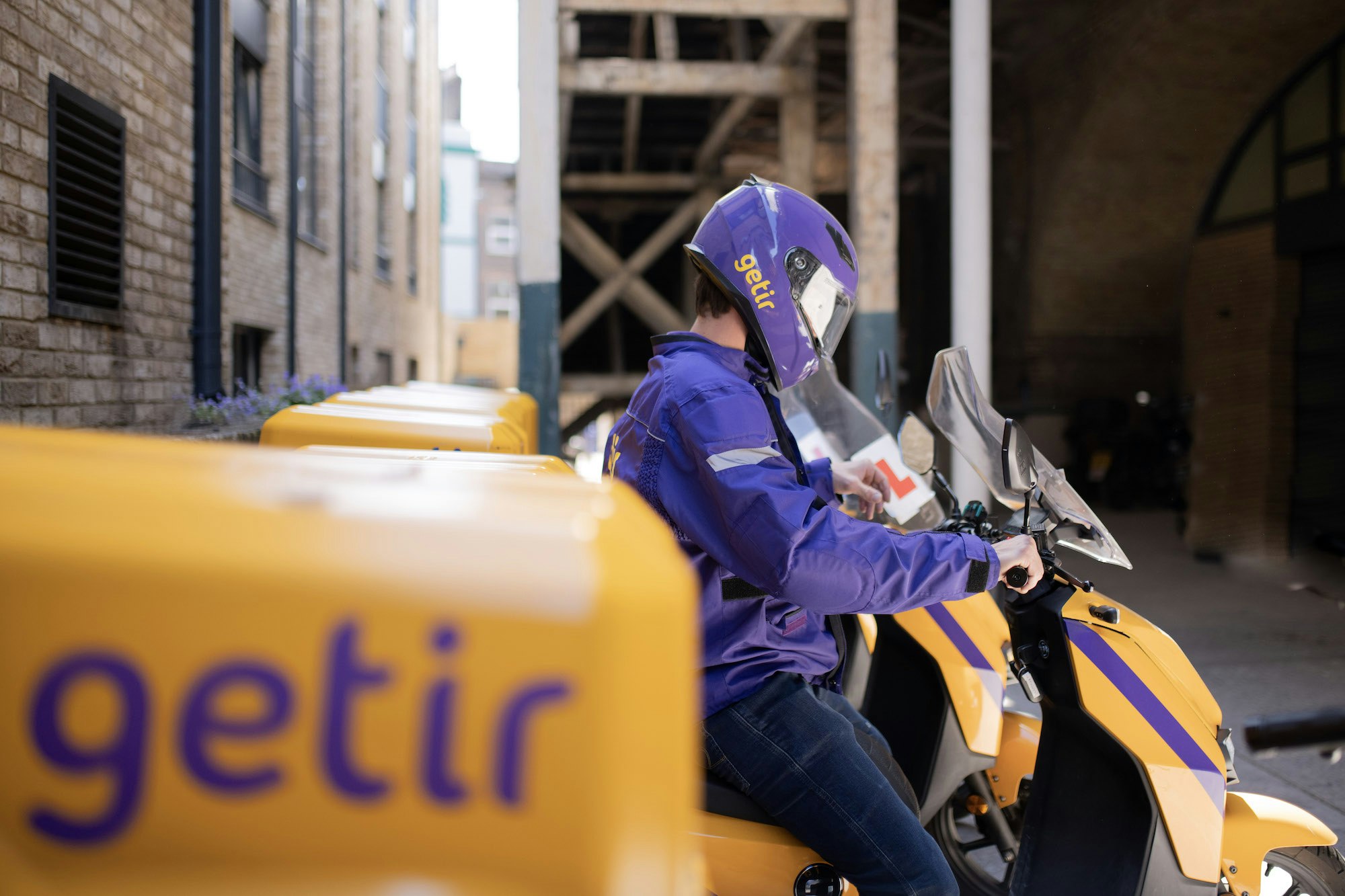Justin McLeod is probably the world’s most successful matchmaker. In the 10 years since he launched Hinge, the dating app has gone on to engineer over 32m romantic meetups.
Hinge is now dubbed the ‘relationship app’, moving away from fleeting frissons to become a millennial love magnet. It currently ranks among the top three most downloaded dating apps across the US, Australia and the UK, and has rolled out a freemium model that allows users to pay for unlimited access.
But McLeod hasn’t always been so lucky in love. Over the last decade, Hinge has weathered near-bankruptcy, countless investor cold shoulders, multiple relaunches, a pandemic-induced dating hiatus, and serious questions about user safety and racial bias. McLeod battled uncertainty again in 2018 when Hinge got acquired by Match.com (which also owns rival Tinder) for an undisclosed amount.
Now successfully out the other side, McLeod is ranked among Silicon Valley's darlings. Aside from securing a high-profile exit and building a fast-growing consumer app, he’s also helped take online dating mainstream, prompting a new generation of 'relationship tech'.
With Hinge ready to restart after lockdown, Sifted sat down with McLeod to discuss his journey to business bliss.

Hinge’s rise — and fall
Hinge was spawned from McLeod’s broken heart.
The Kentucky-born founder had split from his college sweetheart and, tired of partying and trawling Facebook, decided to create his own dating tool — turning down a McKinsey offer to go solo. He and an early colleague bundled together $24k and began building Hinge.
In February 2013, the Hinge app went live, quickly pivoting from desktop to mobile to capture the smartphone boom alongside Tinder (which had launched just six months earlier). Yet being part of the first wave of mobile dating apps would be both Hinge’s magic and its burden.
Users didn’t get it. Investors didn’t get it. Funding proved a constant struggle for McLeod, and it would be three years until he could lure institutional money.
"We really struggled for a long time to get investment...until Tinder started to take off…[The change in attitude] was overnight," he says.

Hinge raked in $20m in those early years (benefiting from Tinder being closed off to external investors as a spinout of IAC). Yet by 2016, when McLeod began raising his Series B, VCs had gone cold again.
Part of the problem was Hinge had stalled. The app had gone dormant a year earlier as part of a sweeping reboot to move it away from swiping into serious matchmaking. The development hiatus caused churn levels to soar, and the comeback didn’t go as expected.
“The reboot got off to a little bit of a slow start...we burned through a lot of money at that point [and] we kind of lost that initial momentum,” he says, worsened by an unpopular ‘hard’ paywall that was promptly scrapped.
Still, Hinge was riding the new zeitgeist of relationship apps’, something investors failed to spot — to McLeod's continued chagrin.
“You win in investing when you have a different thesis than average investors. And yet most VCs are looking around at what others are doing, so it’s a herd mentality,” he says. “It was hard to convince investors to look at the facts on the ground and make their own analogies.”
Selling out
With VCs stalling, McLeod knew that funds — and time — were running out.
“I was begging [VCs]...I was offering valuations that were embarrassingly low,'' he recently said in an NPR podcast. “I went everywhere trying to make this deal happen, I talked to everyone.”
It was a buyout that would eventually come to his rescue. In 2018, McLeod accepted Match.com’s offer for a complete takeover, jumping into bed with rival Tinder.
“I didn’t really have a choice,” McLeod admits. “In order for us to compete, we needed to raise a lot more money...There was kinda no other option than to find a strategic buyer like Match.”
The decision to sell wasn’t easy, he added: “At the time it was pretty scary and stressful so I would have probably appreciated more options.”
He does not hide his surprise that, three years on, the gamble seems to have paid off. The 2018 acquisition has gifted Hinge a near-infinite war chest and an aggressive growth strategy. Despite a year in lockdown, the company over the past 12 months has nearly tripled its staff base, and nearly doubled its userbase and revenues.
Hinge wasn’t the only winner — Match secured a quasi-monopoly in the US dating world, and the startup's 115 investors secured a healthy return (“I had a very large cap table”).
As for McLeod, he cashed in “a decent stake in the company” when the deal went through. That presumably earned him a small fortune (though he highlights he was at the back of the payout queue, as a non-preferential shareholder).
He’s also won over his new bosses at Match.com, who have kept him on as CEO, and insists he doesn’t have IPO envy after seeing rival Bumble go public.

Loving your staff
McLeod may form part of America’s elite tech gang — but he doesn't completely fit the mould.
He refuses to download email, social media or Slack on his phone. Hinge's 150 employees get the same freedom, benefiting from a sharp 6pm cut-off and 'unplug Fridays'.
“I really don’t think you can do great work 14 hours a day, five to six days a week….you’re more creative [with reasonable hours],” he tells Sifted.
McLeod says he cares deeply about internal culture (“I spend more of my time [on culture] than anything else”) and has introduced an obligatory ‘culture interview’ for all new joiners.
“We hire people with heart. No matter how outstanding someone is at coding or design, if they don’t pass the culture test, they don’t [get in],” he says.
The 2015 reboot also prompted something of a cultural cleanse.
“When we did that reboot, we also dissected how we got here,” McLeod notes, explaining that they’d been distracted by competition and aggressive internal debate. “Usually the loudest or most persistent voice would win, [and] maybe they weren’t [the ones with] the best ideas.”
“We [had] focused on hiring rockstars rather than people who were really amazing at teamwork.”
Since then, Hinge has diligently “codified” its values of “authenticity, courage and empathy." There are guidelines on everything, from how to give feedback, to 1 on 1s, to how teams make decisions.
McLeod says this ensures “decisions get made according to principles, and not according to people’s opinion and personalities.”

At the very least, Hinge staff seem to approve. On Glassdoor, the site that measures employee satisfaction, the company scores a 4 out of 5. McLeod’s hands-off leadership style ranks similarly highly.
“I make very few decisions, almost none...my job is to create a culture where good decisions get made,” McLeod tells Sifted. “I really don’t want an approval culture. Like ‘ooh do what Justin likes’. No, like who cares about what Justin likes.”
That approach has proven particularly important in tackling challenging issues, including: data protection, racism, sexuality, mental health and user safety, which have risen to the top of Hinge’s agenda.
McLeod confesses that dealing with these dilemmas is the hardest part of his job, offering sincere promises that the company is listening to what users need and want.
Hinge 3.0
McLeod may have earned his stripes as the digital Cupid, with Hinge now facilitating a date every two seconds, but he’s not finished yet.
The big challenge facing Hinge today is getting people to pay for the luxury of finding love faster.
McLeod declines to disclose what percentage of Hinge’s users are paying subscribers, but SensorTower ranks it as the sixth highest grossing dating app globally in 2020 — behind both Bumble and Tinder.
At some point, we have to show we can actually make money
It’s also telling that Hinge's paywall is getting tighter. For instance, it now restricts contact with “standouts” (the most in-demand profiles) to paying customers. That’s ruffled some feathers, with one user exclaiming to Sifted: “Where does it stop?!”
McLeod acknowledges his new owners are watching the revenue charts closely. “At some point, we have to show we can actually make money.”
Nonetheless, Hinge has stuck to its guns by monetising solely through subscriptions. There’s no selling user data (which is apparently tightly guarded) and definitely no ads, he says.
“There are so many horrible unintended consequences of going down that path that I’d rather have a straight-forward, honest transaction between us and our users...we make money from our users so they are not the product we are selling.”
As a result, McLeod insists the revenue question doesn’t keep him up at night. Nor does growing competition from a new wave of dating apps, including Victoria and Thursday in the UK (which recently secured angel funding from Monzo’s Tom Blomfield).
“[Dating apps] look so simple, but they’re so hard,” McLeod stresses. “There are very few overnight successes in this industry,” adding that even Facebook’s dating launch has struggled to make a dent in the market.
In other words, Hinge is a rare startup fairytale that has come true. McLeod even got his own happily ever after, eventually winning back and marrying his college sweetheart. That's made him a true evangelist of Hinge's key maxim that love is — really — all we need.
“No matter how much money you have or whatever, ultimately your life is made up of the day-to-day experience of reality," he muses. "Rich relationships are the way I measure the quality of my life."




